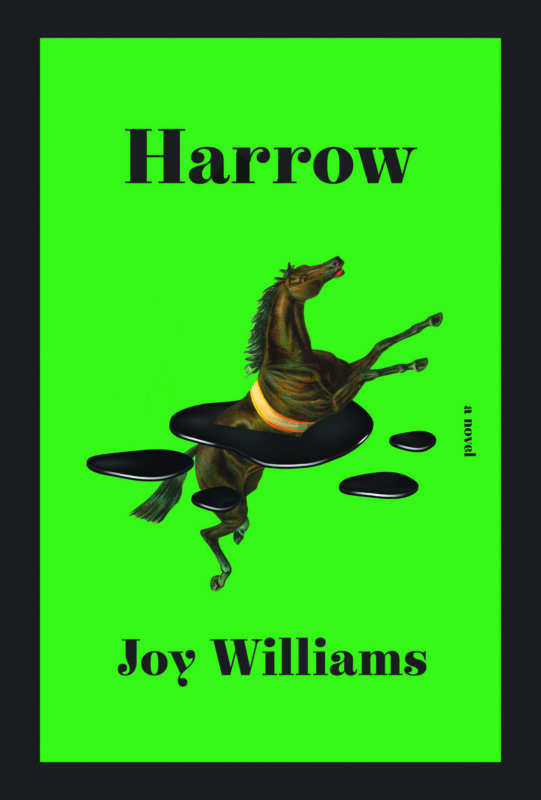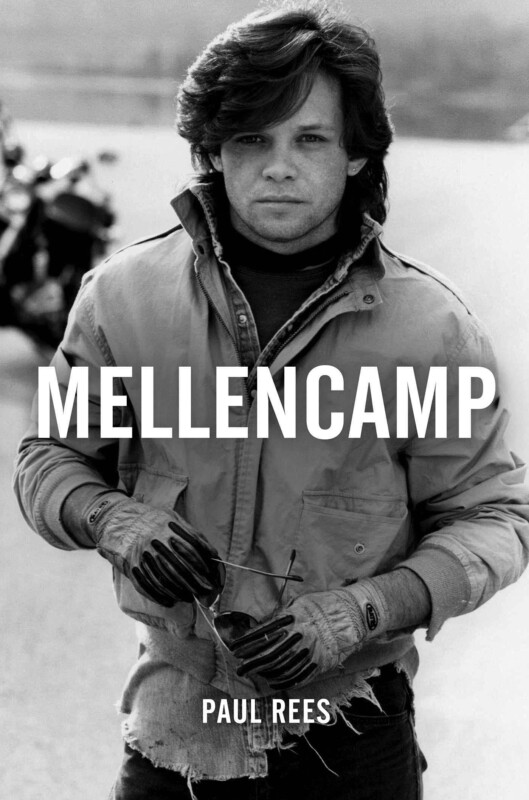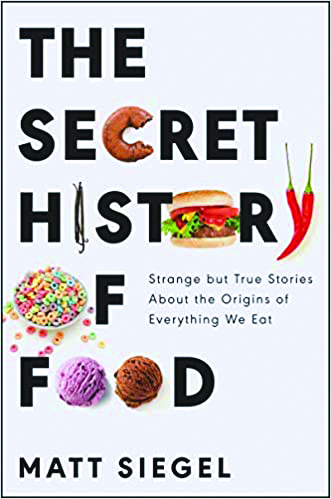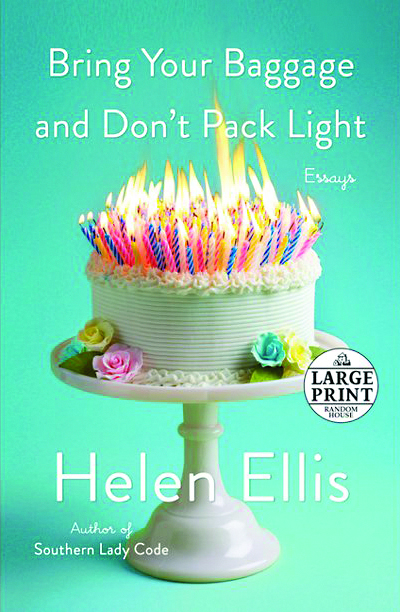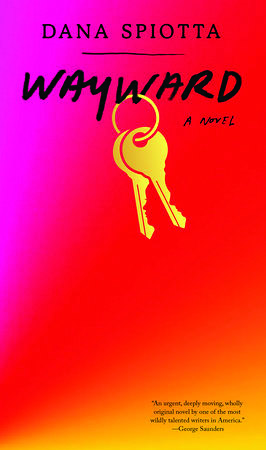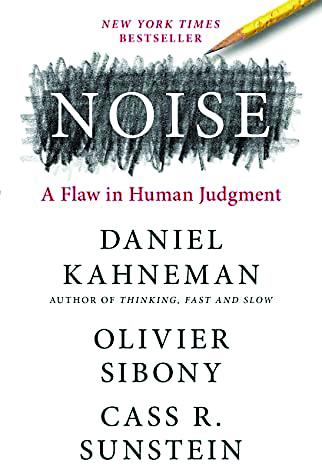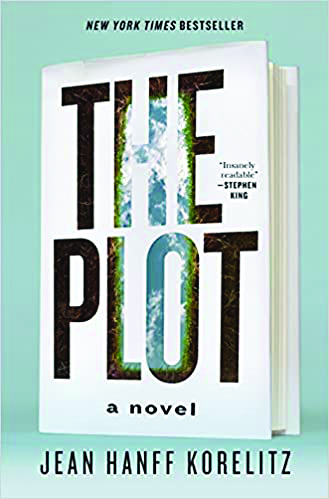Harrow, by Joy Williams (Knopf, 224 pages)
The literary genre of science fiction is so yesterday. What’s hot today is climate fiction, colloquially known as cli-fi. It’s a niche within a niche: dystopian drama specific to climate change — the villain, of course, being us.
Into this mauldin sea falls the latest novel by Joy Williams, best known for The Quick and The Dead and The Changeling. Harrow is her first book in 20 years, and it simultaneously feels as though she labored over it every hour of the past two decades, and also as if it sprang fully formed from her forehead yesterday. It’s that fresh and topical, that beautifully crafted.
It’s also, let’s be clear, a very strange story.
The narrator, Khristen, was raised by a mother with a tenuous grip on reality. The mother was convinced that Khristen had died briefly when she was a baby and was returned to life with an extraordinary purpose. This vague mission was drilled into Khristen throughout a childhood growing up in a climate-cursed world where there is an insatiable demand for houseboats with fireplaces and hot tubs, where zoos have been washed away, where ordinary things like oranges are memories, and where meteor showers contain no actual meteors, but accumulated space junk.
“Life never seemed more unreal than when I was with my mother,” Khristen muses at one point, showing that Williams intends to speak to the human condition at all times, not just in this future hellscape. And a hellscape it truly is: “The land was bright with raging fires ringed by sportsmen shooting the crazed creatures trying to escape the flames.” But at times, there are oases of normalcy: a bowling alley here, a birthday party there, although a birthday party where a child’s cake is frosted with the grotesque image of the 19th-century painting “Saturn Devouring His Son.”
After the boarding school she was attending shuts down unexpectedly, Khristen wanders through this world like a nomad, because that’s what people do when an apocalypse comes. “The people I saw didn’t seem to be traveling. They were milling, like little flies after a rain,” she observes. In this world, insects, rocks, even flowers “were aware of nothing but hope’s absence. Something definitely had gone wrong. Even the dead were dismayed.”
She briefly befriends a professor who once rescued horses used for research; the horses are long gone, perhaps everywhere. Then at his recommendation she travels to a resort where her mother might have gone for a conference, the last time she’d communicated with her. There, however, she finds a group of elderly people, all with terminal illnesses, who had not succumbed to the despair paralyzing the rest of the world but instead were energized by their final quest: to avenge nature. They are carrying out what amounts to random acts of revenge largely unnoticed because, “Certainly no one expected the old to be difficult.”
“The elderly were encouraged to depart life and they obliged with little protests and surprisingly few regrets. It had not been foreseen that some would turn on the very institutions that had made them the last beneficiaries of what was enshrined as progress.”
It’s a wickedly smart turn of events, that a handful of old people, whom the young blame for the dystopia around them, turn into eco-terrorists, given the generational warfare sparking throughout the book. (In one scene, a mother and daughter traveling by train pass the Rio Grande River, or what’s left of it, and the daughter says accusingly, “You haven’t left us anything!” to which the mother replies “I didn’t drain the Rio Grande, my dear.”)
But these terrorists, who all suffer some sort of terminal condition, are not especially effective; they mostly dream of killing herbicide representatives or taking out an expedition of trophy-hunters without actually doing it. They, like the rest, are basically milling like flies, vehicles for Williams’ perverse imagination and mind-bending turns of phrase.
Not much happens in this novel, not in the way that stuff happens, say, in an Avengers film, and it slows even further in the third section, as the characters mature. But Harrow is entertainment at its finest, while also at its worst: Should we really be entertained by climate catastrophes? Making jokes at the expense of polar bears?
“Tell me,” says the mother sparring with her daughter on the train. “When was the last time you read a good book by a polar bear?”
Therein lies the quandary at the heart of the climate debate, rarely engaged: Was it worth all of this — the rising seas, the killer storms, the 6th extinction — so human beings could ascend to their peak? And is it over, that peak, and if so, when was it? Williams has no answers to these or any of the questions that Harrow poses, but it’s a disarming piece of cli-fi, erudite and droll, and only mildly depressing. A
Book Notes
I’d never thought of CNN in terms of anything but breaking news until people started telling me about the show Stanley Tucci: Searching for Italy.
The series, which debuted in February, follows the actor as he eats his way through Italy, and it’s been renewed for a second season. Of course, then, there had to be a book, which comes out next week. Taste: My Life Through Food (Gallery, 304 pages) is already showing up on bestseller lists in advance of its release. It’s a memoir of Tucci’s life, though, with much reminiscing about meals. If it’s recipes you want, go 2015’s The Tucci Table (Orion, 256 pages), written with Felicity Blunt, or 2012’s The Tucci Cookbook (Gallery, 400 pages).
Also out next week, and mentioned solely for the bright light of its title, is I Love You But I’ve Chosen Darkness by Claire Vaye Watkins (Riverhead, 304 pages). It’s about a writer with postpartum depression who leaves her husband and newborn and explores her psyche in the Mojave Desert. She’s written one other novel and a short-story collection but has already won a handful of literary prizes to include the Dylan Thomas Prize.
Meanwhile, readers of the sports blog Deadspin may remember a columnist by the name of Drew Magary. His storytelling skills are put to the test in The Night the Lights Went Out (Harmony, 288 pages), which is a chronicle of a traumatic brain injury he suffered when he fell and smashed his head on a cement floor. Apparently, somehow he has managed to make this both poignant and funny (the funny part only possible because he has recovered 95 percent of his brain function). If nothing else, it will remind us to watch where we’re going. It’s out Oct. 12.
And finally, New Hampshire author Howard Mansfield has a new book coming out in October. Chasing Eden, A Book of Seekers (Bauhan Publishing, 216 pages) is a season-appropriate, New England-centric reflection on Americans in pursuit of their happiness. Among them: a group of 19th-century painters looking for inspiration in the White Mountains and a quirky group known as the “Vermont pilgrims” who “never changed their clothes, bathed, or cut their hair.”
Thankfully, another group of pilgrims looms larger in the national memory, and Mansfield covers them, too. Look for Chasing Eden in paperback Oct. 12.
Book Events
Author events
ARCHER MAYOR Author presents Marked Man. Mon., Oct. 4, 6:45 p.m. Gibson’s Bookstore (45 S. Main St., Concord). Visit gibsonsbookstore.com.
• JORDAN MORRIS Comedy writer and podcaster discusses his podcast, Bubble. Virtual event presented by The Bookery in Manchester via Zoom. Fri., Oct. 8, 2 p.m. Visit facebook.com/bookerymht.
• MELANIE MOYER AND CHARLIE J. ESKEW Virtual author conversation presented by Toadstool Bookshops of Nashua, Peterborough and Keene. Sat., Oct. 9, 11 a.m. Visit toadbooks.com.
• DIANNE TOLLIVER Author presents Life Everyone Has a Story. Barnes & Noble (1741 S. Willow St., Manchester, barnesandnoble.com). Sat., Oct. 9, 10 a.m.
• ARCHER MAYOR Author presents Marked Man. Virtual event by Toadstool Bookshops of Nashua, Peterborough and Keene. Tues., Oct. 12, 6 p.m. Visit toadbooks.com.
• HOWARD MANSFIELD Author presents Chasing Eden: A Book of Seekers. Thurs., Oct. 14, 6:30 p.m. Gibson’s Bookstore (45 S. Main St., Concord). Visit gibsonsbookstore.com.
• R.A. SALVATORE AND ERIKA LEWIS Authors present The Color of Dragons. Tues., Oct. 19, 6:30 p.m. Gibson’s Bookstore (45 S. Main St., Concord). Tickets cost $5. Space is limited, and registration is required. Visit gibsonsbookstore.com.
Poetry
• DOWN CELLAR POETRY SALON Poetry event series presented by the Poetry Society of New Hampshire. Monthly. First Sunday. Visit poetrysocietynh.wordpress.com.
• SLAM FREE OR DIE Series of open mic nights for poets and spoken-word artists. Stark Tavern, 500 N. Commercial St., Manchester. Weekly. Thursday, doors open and sign-ups beginning at 7 p.m., open mic at 8 p.m. The series also features several poetry slams every month. Events are open to all ages. Cover charge of $3 to $5 at the door, which can be paid with cash or by Venmo. Visit facebook.com/slamfreeordie, e-mail slamfreeordie@gmail.com or call 858-3286.
Book Clubs
• BOOKERY Online. Monthly. Third Thursday, 6 p.m. Bookstore based in Manchester. Visit bookerymht.com or call 836-6600.
• GIBSON’S BOOKSTORE Online, via Zoom. Monthly. First Monday, 5:30 p.m. Bookstore based in Concord. Visit gibsonsbookstore.com/gibsons-book-club-2020-2021 or call 224-0562.
• TO SHARE BREWING CO. 720 Union St., Manchester. Monthly. Second Thursday, 6 p.m. RSVP required. Visit tosharebrewing.com or call 836-6947.
• GOFFSTOWN PUBLIC LIBRARY 2 High St., Goffstown. Monthly. Third Wednesday, 1:30 p.m. Call 497-2102, email elizabethw@goffstownlibrary.com or visit goffstownlibrary.com
• BELKNAP MILL Online. Monthly. Last Wednesday, 6 p.m. Based in Laconia. Email bookclub@belknapmill.org.
• NASHUA PUBLIC LIBRARY Online. Monthly. Second Friday, 3 p.m. Call 589-4611, email information@nashualibrary.org or visit nashualibrary.org.

